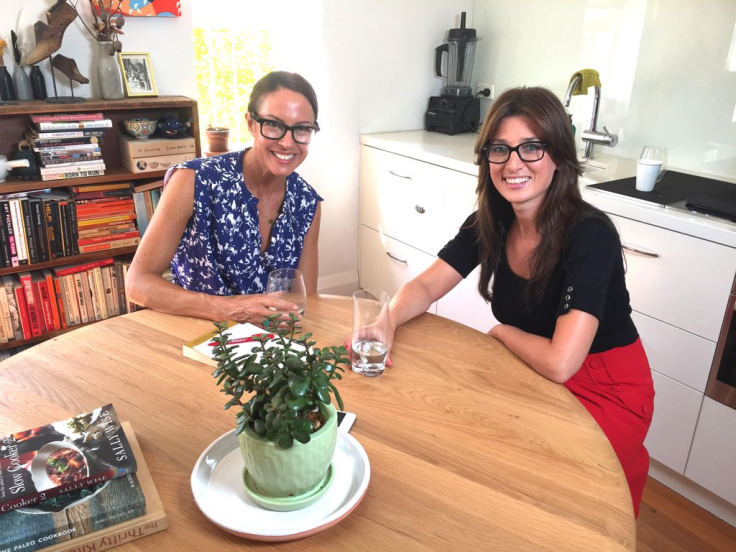The ABC 'Catalyst' plans to revamp program and sack 11 staff

After the controversial episode of The ABC's science program, "Catalyst," the broadcast network has confirmed that the show has undergone a major review.
“The ABC consistently reviews programs at the end of each year to ensure it maintains its commitment to audience needs and expectations. After more than 15 years ABC Television is reviewing "Catalyst’s" format and production model. ABC management will respond to that review in due course," the ABC spokesman told the Guardian Australia).
Despite the controversial episode "Wi-Fired" aired in February 2016, the broadcast network has planned to continue the program next year. “The ABC can confirm Catalyst will be part of the ABC schedule in 2017 and acknowledges the importance of the program for the scientific community and audiences in general,” the ABC spokesman said.
However, the ABC plans to change the format of the show by replacing a 17-hour science specials that will be outsourced from an independent production sector. Reports also emerge that 11 staff of the science program will be sacked including the show's presenter Maryanne Demasi.
ABC program makers said that new longer format would severely watered down the Australia science element. “By doing this you are saying the ABC TV stops covering science effectively. Seventeen in-depth stories a year wouldn’t cover Australia science. If you stop doing short-form journalistic science then you’re not covering science anymore. There are very, very few science stories that survive an hour of television. There are only a few topics like that. A lot of them to do them well require an overseas focus rather than an Australian focus." a senior ABC program maker said.
Demasi, who completed a doctorate in medical research at the University of Adelaide, has been suspended after the ABC review unit has found out that the episode "Wi-Fired" has breached the ABC’s impartiality guidelines. According to ABC’s independent Audience and Consumer Affairs (A&CA) Unit investigative report, the "Wi-Fired" episode has several inaccurate and misleading information.
"My colleagues and I since then, some of whom have worked at the World Health Organisation with me in the past, have just published an article saying mobile phone radiation is a probable human carcinogen with newer studies showing that people who begin to use cell phones regularly and heavily as teenagers have four to eight times more malignant glioma, that’s a brain tumour, ten years later," Dr. Devra Davis, US cancer epidemiologist, said during an interview for the episode. Davis was the only doctor that the episode has relied on in gathering information.
"The statement – 'newer studies showing that people who begin to use cell phones regularly and heavily as teenagers have four to eight times more malignant glioma, that’s a brain tumour, ten years later' – is in the view of Audience & Consumer Affairs materially misleading; as discussed above the additional studies provided by Catalyst do not corroborate the claim, and the statement has the effect of significantly overstating the risks identified in the 2009 Hardell & Carlberg study," according to A&CA investigative report.
The ABC is still silent on any changes in the program's staff.





















